Category: Autism
-
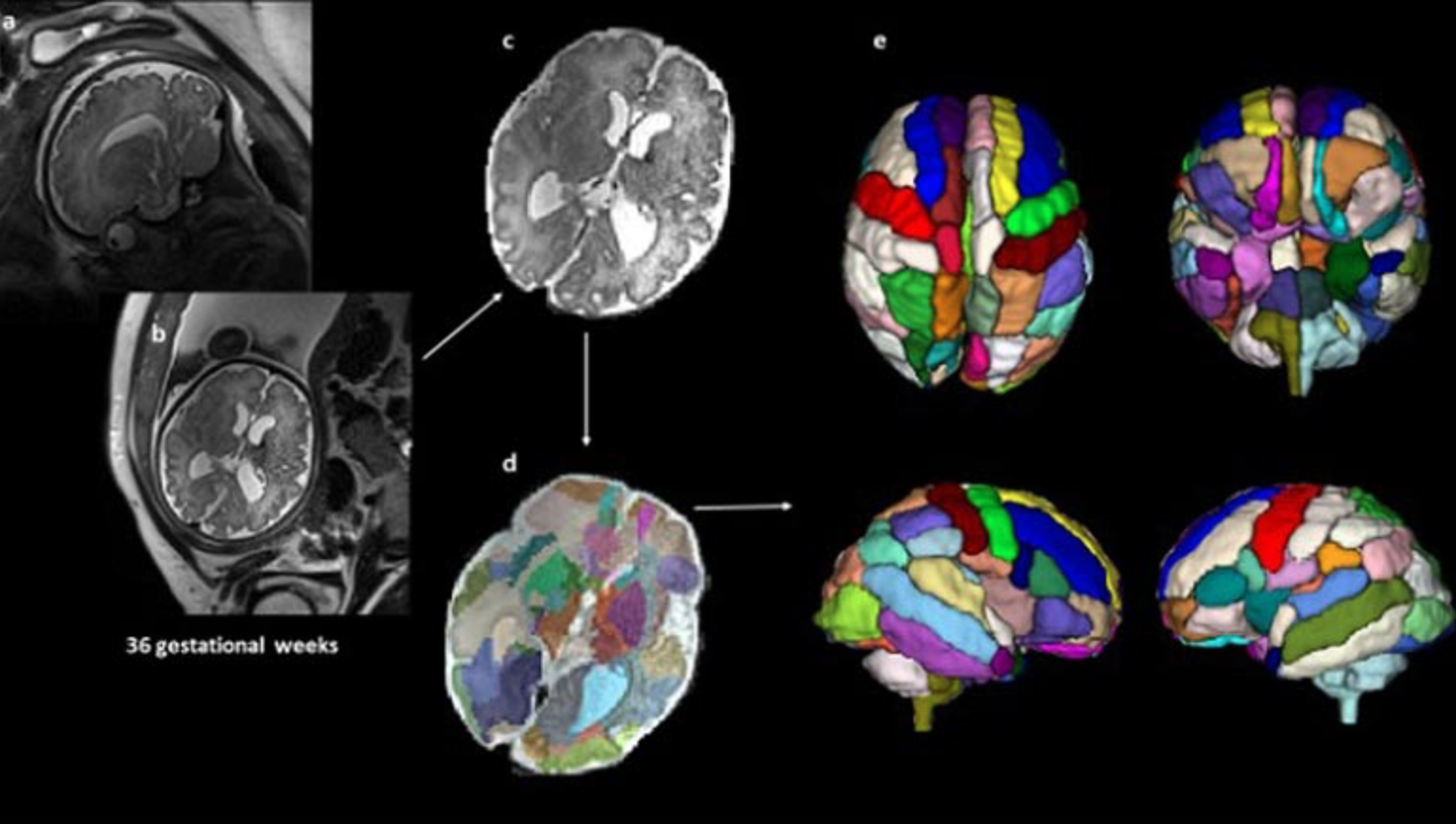
Prenatal MRI study suggests autism differences may begin in the womb
A small Boston Children’s Hospital study led by Assistant Professor Emi Takahashi and postdoc Alpen Ortug showed increased volume of the insular lobe as a potential strong prenatal MRI biomarker that could predict the emergence of ASD later in life. It revealed significant differences in brain structures at 25 weeks’ gestation between children who were…
-

Robot helps autistic kids engage
Georgia Tech professor Ayanna Howard is using interactive robots to help autistic kids engage with others, socially and emotionally. Her company, Zyrobotics, is commericalizing this technology. In a study, 18 kids, between the ages of 4 and 12, five of whom had autism, interacted with two robots which expressed 20 emotional states, including boredom, excitement, and…
-

MRI, algorithm predict autism before behavioral symptoms appear
UNC’s Heather Hazlett has published a study showing that an overgrowth in brain volume, determined by MRI scans during the first year of life, forecasts whether a child at high risk of developing autism. The goal is to give parents the opportunity to intervene long before behavioral symptoms become obvious, which usually occurs between ages…
-
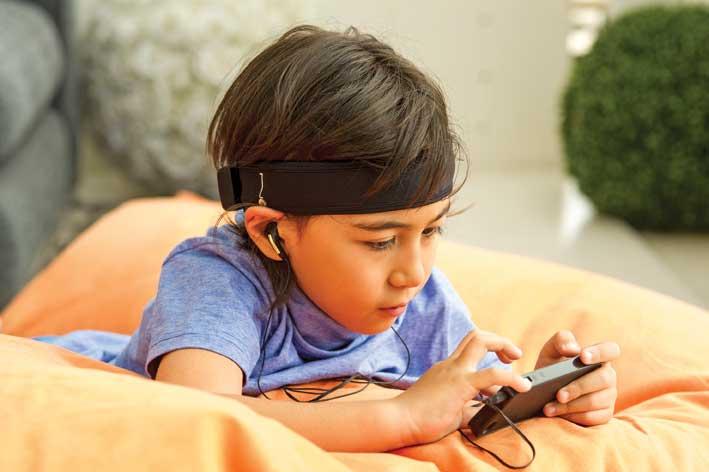
Neurofeedback to suppress delta frequencies in autism
Mente is a neurofeedback system for autistic kids that creates personalized binaural beats, to suppress excessive delta frequencies, using auditory pathways in the brain. Delta waves are typically associated with sleep and closed eyes, but autistic people experience high delta wave frequencies while awake. This could be attributed to a feeling of isolation. The company…
-
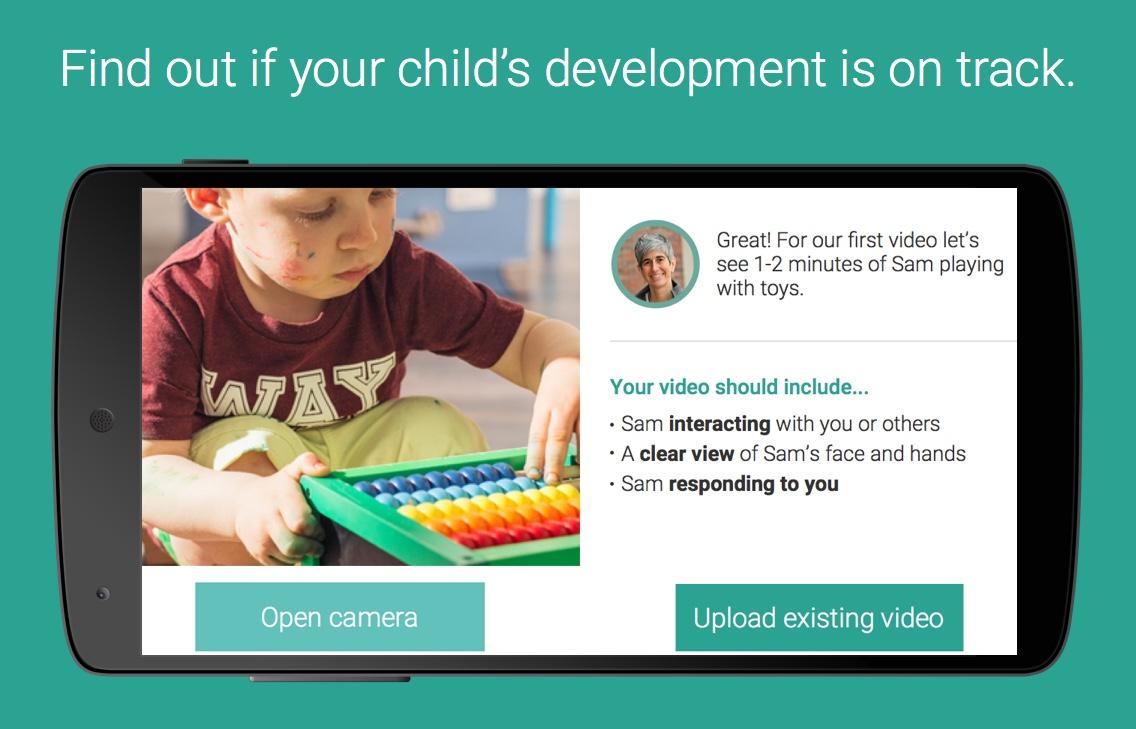
App identifies early signs of autism
Cognoa is an app that asks parents to answer 15 questions about behavior to indicate whether their child is at risk of autism. It is based on data from 10,000 children and validation studies led by Stanford professor Dennis Wall. The system focuses on specific behaviors from standard diagnostic instruments that have the highest value for…
-
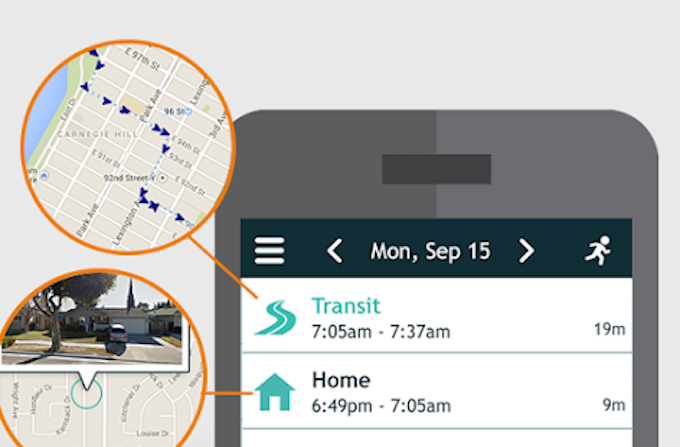
GPS, voice monitoring wearable for special needs kids
AngelSense is a tracking and voice monitoring wearable designed for children with special needs. Parents can: Receive an automatically generated real-time schedule Listen to a child’s activities Receive notifications of every location change Locate a lost child with a 10 second live location update Automatically download photos of the day’s locations Continuous monitoring and real…
-
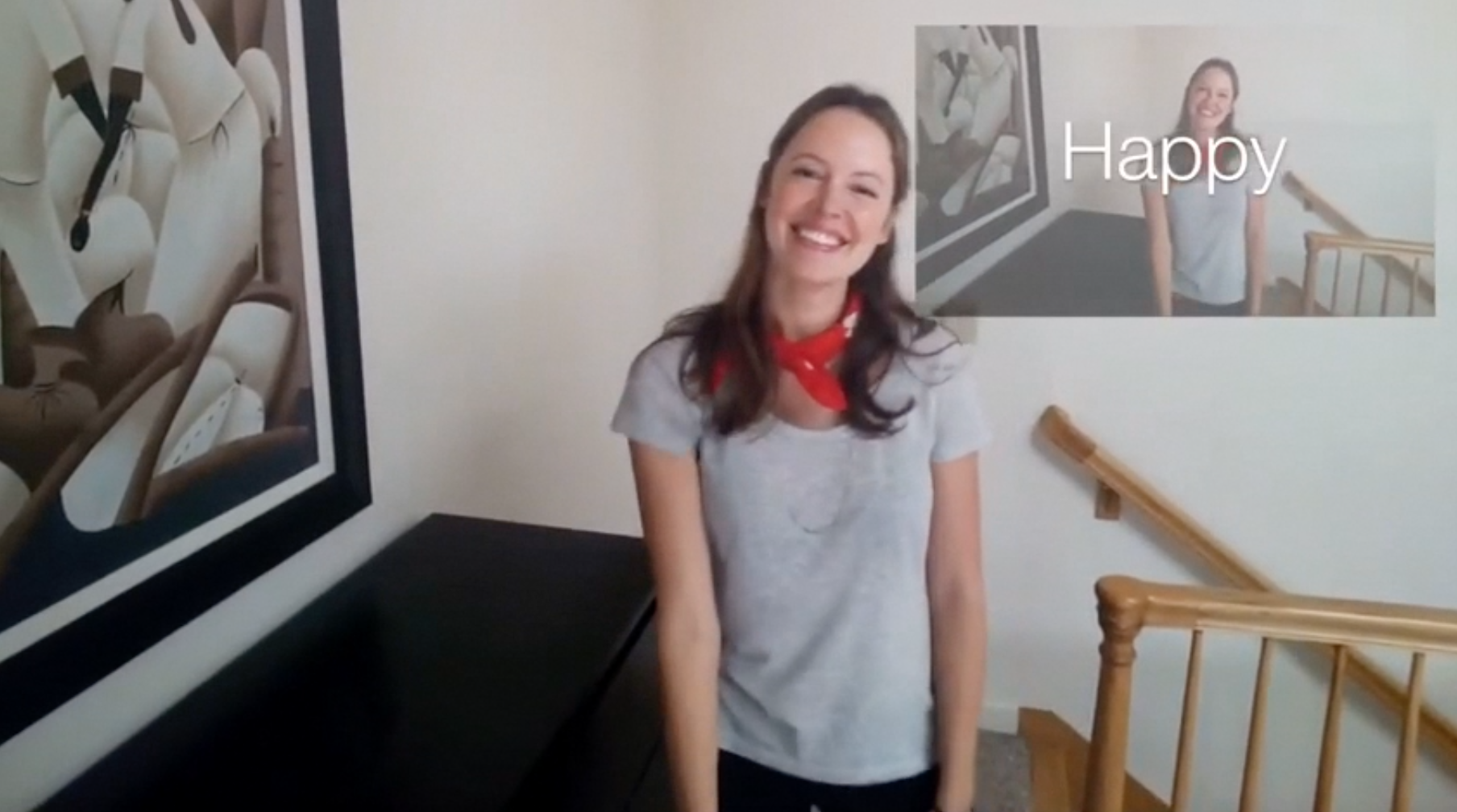
Glass app helps autistic kids understand expressions, emotions
Dennis Wall, Catalin Voss, and Nick Haber of Stanford’s Wall Lab are developing Google Glass software to help autistic children recognize and understand facial expressions and emotions. Head motion tracking sensors, a microphone, and an eye tracking infrared camera analyze a wearer’s behavior during social interactions. Real time social cues are provided, and responses, including eye contact details,…
-
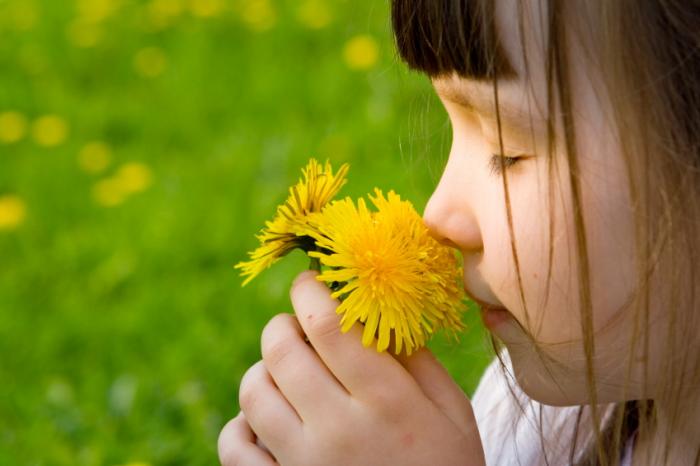
Reaction to smells, autism, linked
Weizmann Institute of Science researchers may have developed a test to detect autism based on a child’s reaction to smells. The study suggests that children with autism spectrum disorder don’t adjust their sniffing instinctively when they encounter pleasant or foul scents. 18 children with an autism diagnosis, and 18 typically developing children, were presented with pleasant…
-
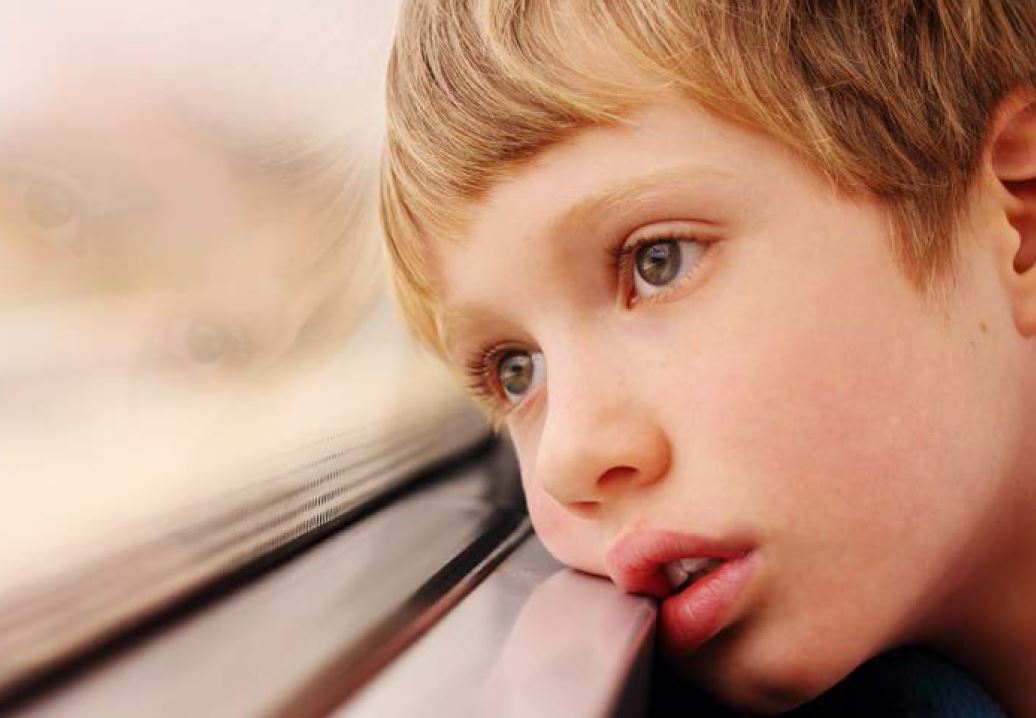
Home-based autism therapies
The MICHELANGELO project creates home-based solutions for assessing and treating autism, including: Pervasive, sensor-based technologies to perform physiological measurements such as heart rate, sweat index and body temperature Camera-based systems to monitor observable behaviors and record brain responses to natural environment stimuli Algorithms allowing for the characterization of stimulus-specific brainwave anomalies These technologies will allow for…
-

Robot helps build social skills in autistic kids
Milo by RoboKind is a humanoid robot designed to engage and build social skills in children with autism. It is used with the company’s Robots4Autism curriculum which includes conversation, social situation, and emotional understanding modules. Milo is 2 feet tall, with a childlike voice and facial features. Its arms move and facial expression change. Sensors gauge eye contact, which is…
-
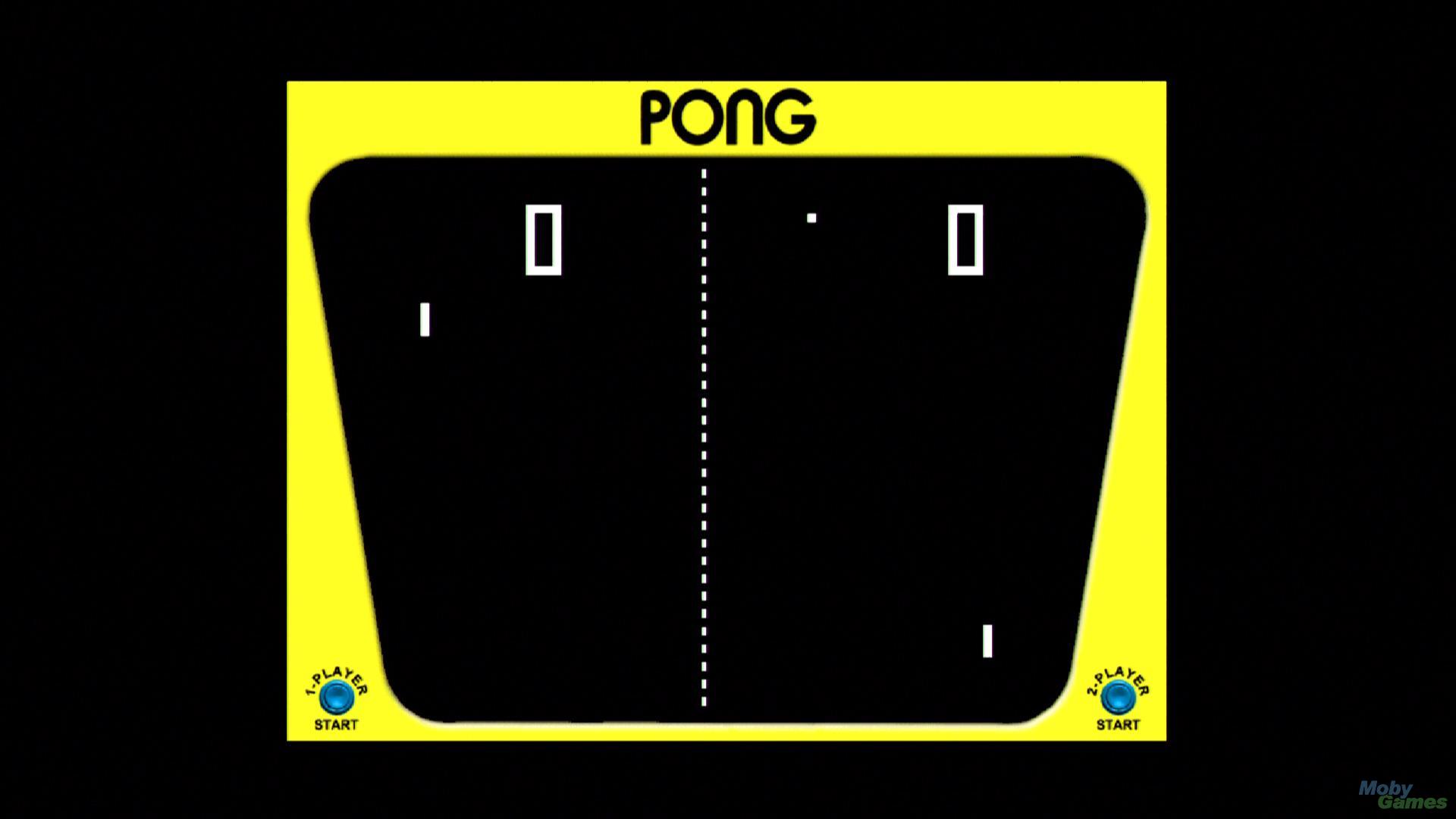
Video game eye movement to diagnose brain disorders
University of Chicago professor Leslie Osborne believes that the classic Atari game “Pong” is ideal for tracking eye movement, therefore helping diagnose Parkinson’s, TBI or autism Osborne’s lab focuses on eye movement behavior, known as smooth pursuit, that allows eyes to track moving targets. At the recent Brain Research Foundation conference, her paper showed that “when motion becomes predictable, gaze…
-

Brain imaging technique identifies autism
Virginia Tech Carilion Research Institute professor P. Read Montague has developed a brain imaging technique that may be able to identify autism in children. Current diagnosis is a long an unquantifiable process based on clinical judgment. The study demonstrates that a perspective tracking response can be used to determine whether someone has autism spectrum disorder. It investigates…